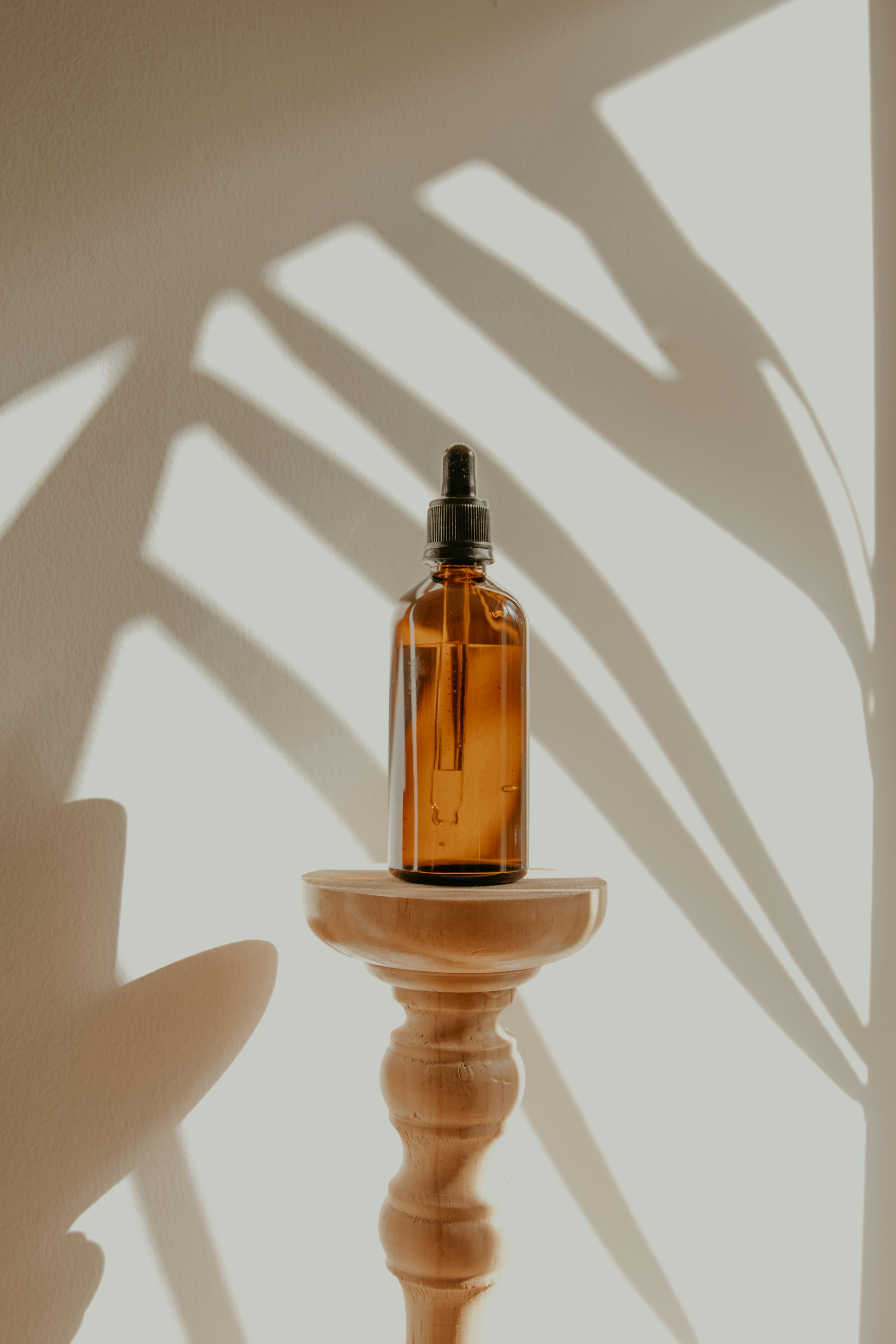Is benzoyl peroxide a game-changer for acne or a skincare risk? Experts weigh in.
For those with acne-prone skin, finding the right ingredient that actually works can be quite a journey. To prevent the need to apply countless treatments and exhaust your skin with every possible skincare ingredient, we decided to investigate one of the most popular anti-acne ingredients. Benzoyl peroxide is often described as a miracle cure for acne, yet opinions remain divided. We consulted dermatologists Annelies Stockman from AZ Delta in Torhout and Samira Baharlou from UZ Brussels for their insights.

What does benzoyl peroxide do?
To understand why benzoyl peroxide is considered effective against acne, it’s important to first know what it actually does to the skin. This skincare ingredient has two primary functions that impact acne. Acne occurs when pores become clogged, leading to blackheads. If these blackheads become infected with bacteria, inflammation follows, resulting in acne.
“Benzoyl peroxide fights acne by killing the bacteria that cause it, specifically Propionibacterium acnes. Additionally, it helps exfoliate dead skin cells, preventing clogged pores,” explains dermatologist Baharlou.
Is benzoyl peroxide harsh?
The shortest answer to whether benzoyl peroxide is a harsh ingredient is yes. However, dermatologist Annelies Stockman offers some nuance: “It is indeed an ingredient that can cause irritation, but not every product contains the same concentration of this substance.”
“It’s important to use the product in a low concentration—between 2.5% and 5%. Apply it gradually and observe how your skin reacts,” adds dermatologist Baharlou.
Thus, benzoyl peroxide can be effective against acne, provided it is used in the right dosage. However, using it in high concentrations and too frequently can lead to a dry, red, and flaky complexion, warns dermatologist Baharlou. Dermatologist Stockman also points out another consideration: “Benzoyl peroxide can bleach fabrics, so that’s something to keep in mind before using it.”
Banned in Europe
The need for caution with this ingredient is also reflected in regulations. In Europe, benzoyl peroxide is banned in regular skincare products, though it is allowed in medicinal treatments, including prescription creams and products.
“I believe this product should be regarded as a medication. When used in excessive concentrations, we see severe eczema reactions. Additionally, the substance has sensitizing properties, meaning it can trigger allergic reactions,” explains dermatologist Stockman.
This story was initially published by Lotte Gillis on the Marie Claire Belgium Flemish Website
Translated and adapted for Marie Claire Nigeria by Tobi Afolabi


